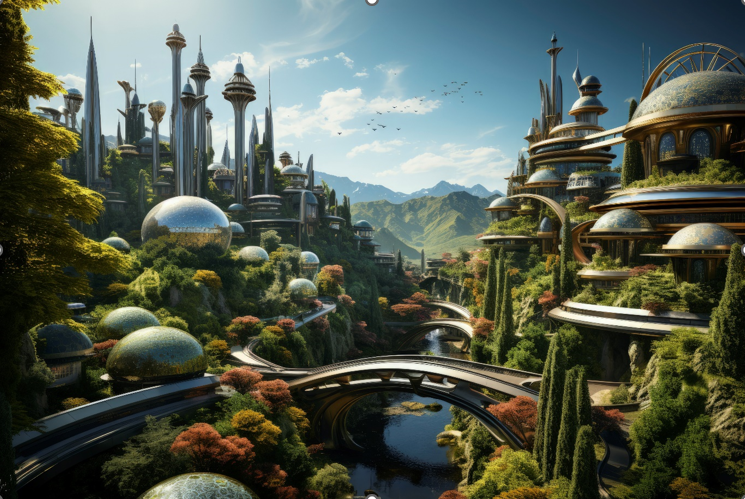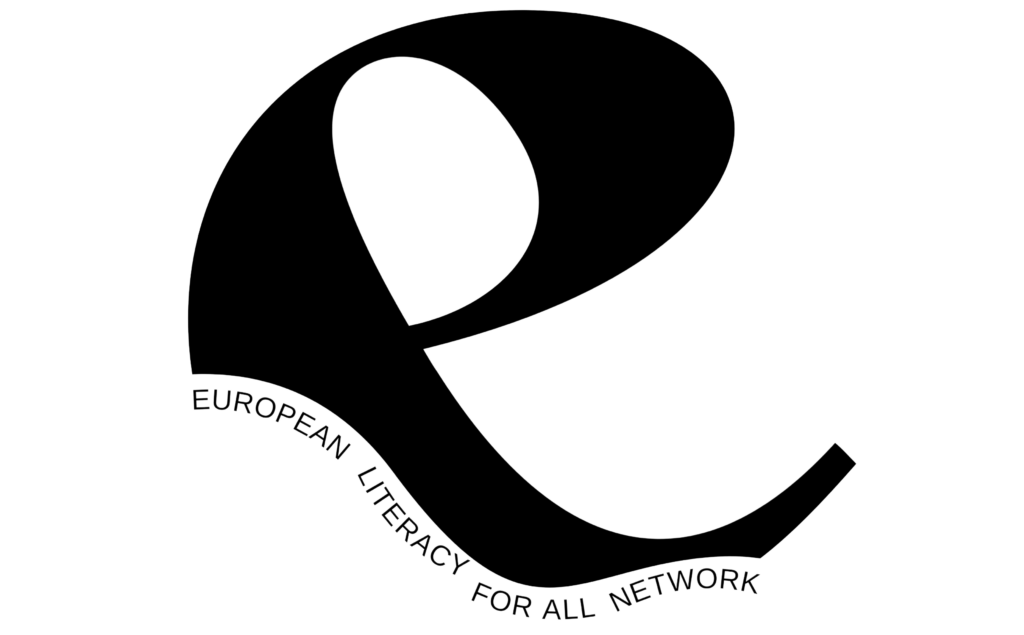Utopian dreams, dystopian warnings: How can youth learn from fiction?

In a constantly evolving world, the themes of utopia and dystopia in literature provide a compelling way for young people to explore their roles as citizens. These fictional stories, while imaginative, often mirror real societal issues and ideals, offering both inspiration and cautionary tales for today’s youth. By delving into these narratives, young people gain insights into their civic responsibilities and the potential impact they have in shaping society. This article provides examples that can easily spark discussions with young people on these subjects, helping to enhance their citizenship education and deepen their understanding of their place in the world.
Utopian Visions: Fostering Hope and Idealism
Utopian literature envisions an ideal society, often defined by harmony, equality, and peace. These stories encourage readers to imagine a perfect world and consider their role in building a better future. A classic example is Sir Thomas More’s Utopia (1516), which presents a fictional society with an exemplary socio-political system. More’s work invites readers to reflect critically on the values and structures in their societies and strive for positive change.
Similarly, John Lennon’s song “Imagine” envisions a world without barriers like borders, religions, or material possessions, promoting a sense of global peace and unity. Although the song presents an idealised world without conflict, it encourages listeners to contemplate the possibilities of harmony and cooperation. Such visions inspire young people to think optimistically about the future and consider how they might contribute to creating a more just and equitable society.
Dystopian Warnings: Recognising Risks and Responsibilities
Conversely, dystopian literature often presents a dark vision of the future, where oppressive regimes, environmental crises, or technological dominance lead to widespread suffering. These stories serve as cautionary tales about the risks of unchecked power and societal neglect.
Seminal works like George Orwell’s 1984 and Aldous Huxley’s Brave New World explore the dangers of totalitarianism and the potential dehumanising effects of technology, respectively.
For young readers, dystopian stories offer a critical lens on society, emphasising the importance of vigilance, resistance, and civic involvement. The Hunger Games trilogy by Suzanne Collins, for example, addresses issues of inequality, government control, and the power of individual resistance. Through the protagonist Katniss Everdeen, readers see the power of collective action and the importance of standing up against injustice.
Margaret Atwood’s The Handmaid’s Tale provides a poignant dystopian warning on the erosion of rights and personal freedoms, particularly for women. This story encourages readers to reflect on the importance of protecting democratic values and human rights. Through these narratives, young people learn about the potential outcomes of apathy and the necessity of active community participation to avoid dystopian futures.
Stefano Benni’s Elianto takes readers through imaginative worlds that reveal modern societal issues with wit and insight. This satirical story promotes critical thinking on social norms, inspiring a vision of a more creative and fair society. On the other hand, The Defeat of the Sapiens by Sabrina Guzzanti imagines a dystopian 2119 where environmental disasters leave most people as powerless refugees while a wealthy elite dominates. Guzzanti’s work raises important topics like environmental care and global citizenship, offering a stark contrast to Benni’s romantic ideas.
Adding to these reflections, Emilio Salgari’s Le Meraviglie del Duemila (1907) imagines a leap from 1903 to 2003, where two men face a future of technological wonders and chaotic change, ultimately leading them to despair. Together, these stories provide a dynamic foundation for discussing citizenship by examining both idealistic and cautionary views of societal evolution.
Lessons for Civic Engagement
Utopian and dystopian literature offers a unique perspective for exploring civic roles and responsibilities. By examining the successes and failures of fictional societies, young people can gain valuable insights into governance, ethics, and the importance of collective action. These narratives highlight the need for critical thinking, empathy, and resilience—qualities essential for active and informed citizenship.
Furthermore, engaging with these stories can inspire young people to envision their ideal societies and identify steps they can take toward change. Whether through community service, advocacy, or participation in democratic processes, young citizens can draw inspiration from these narratives to contribute meaningfully to their communities.
For educators and youth workers interested in discussing utopias and dystopias with young people, the EUtopia website offers a carefully selected collection of literature, films, music, art, and games that serve as excellent conversation starters. The EUtopia project seeks to enhance democratic engagement among young people aged 16-25 by encouraging them to reassess shared values. It offers youth the chance for active participation in society, ensuring their voices are heard and impactful. Through EUtopia, young people are empowered to envision practical alternatives to current norms and gain a deeper understanding of complex social issues. These resources serve as invaluable tools for fostering an awareness of civic responsibilities and encouraging youth to engage with the challenges and opportunities in their communities actively.
Bibliography
More, Thomas. Utopia. Penguin Classics, 2003.
Orwell, George. 1984. Harvill Secker, 1949.
Huxley, Aldous. Brave New World. Chatto & Windus, 1932.
Collins, Suzanne. The Hunger Games. Scholastic Press, 2008.
Atwood, Margaret. The Handmaid’s Tale. McClelland & Stewart, 1985.
Lennon, John. Imagine. Apple Records, 1971.
